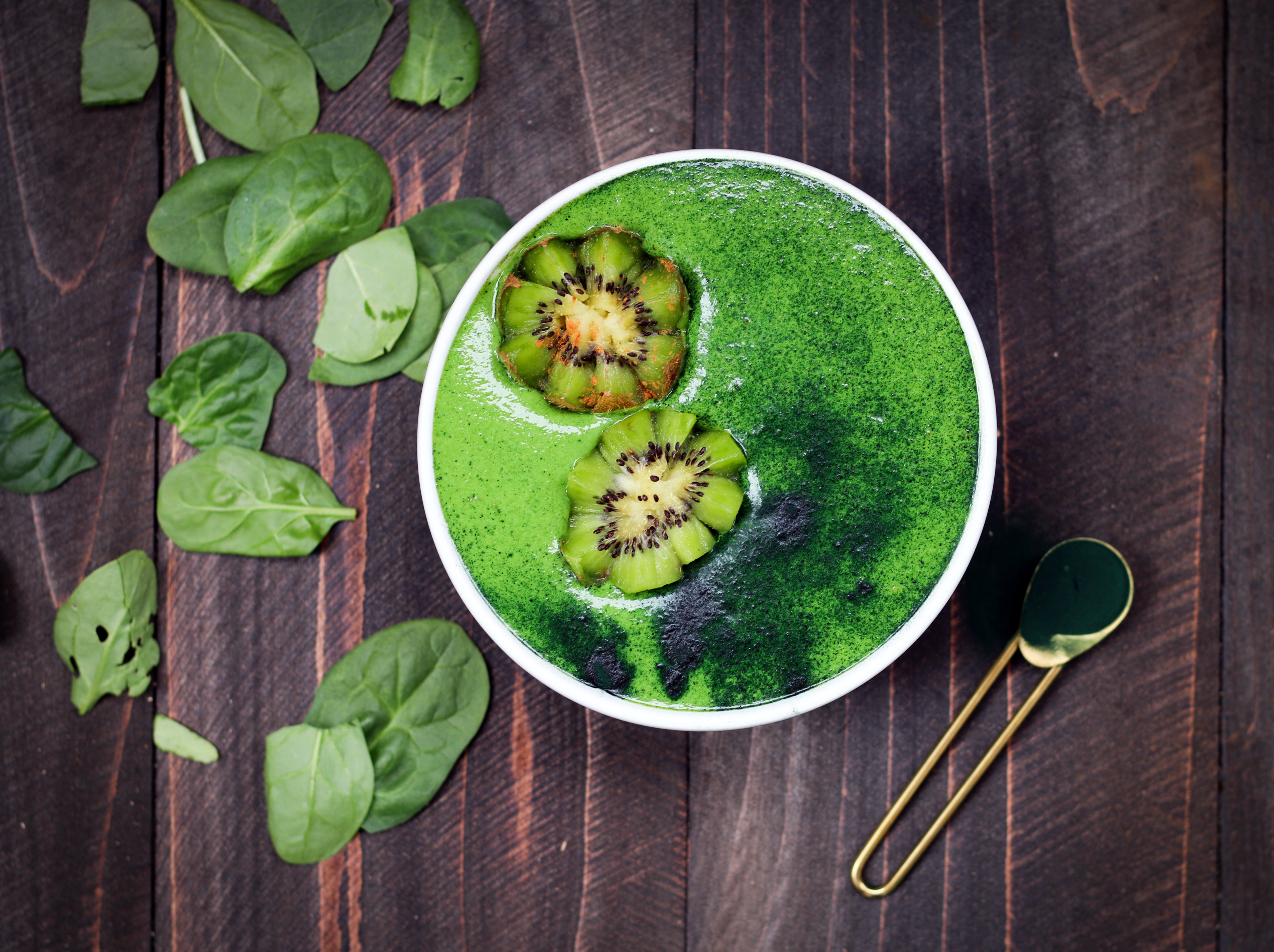Why “cleanse” is a dirty word
Medical Pharmaceutical Translations • Dec 28, 2020 12:00:00 AM

Updated: Dec 29, 2020
After the holidays, you may be planning to do a cleanse. Your goal could be to lose a few pounds, or maybe you want to “detox,” getting lasting traces of indulgence out of your system.
The latter was apparently music star Lizzo’s idea when she announced that she was embarking on a ten-day smoothie cleanse after a month or so of overindulgence on spicy foods and alcohol.
But the musician may not have been expecting the backlash she received. Comments like “Promoting detox and cleanse in 2020?! Really Lizzo :-(" started to flow in from disappointed fans.
This isn’t totally surprising. Lizzo has made a name for herself as much for her musical talent as for her body positivity. A plus-sized woman, she embraces her curves, regularly posting photos and videos of herself in revealing clothing, celebrating her body, as well as life itself. Self-love is a big part of Lizzo’s image, so any attempt at weight loss might be criticized.
But was this a weight loss attempt?
Although the company that Lizzo worked with promotes the slimming results of its smoothie cleanse, the singer claims that wasn’t the idea. She even clarified her intentions in a follow-up video, saying she now felt better, listing benefits like healthier skin.
But why don’t her fans believe her? Part of the reason has its roots in social media itself.
Sites like Instagram are notorious for sponcon (sponsored content usually in the form of paid celebrity endorsements) that include cleanses and products like the famous Flat Tummy Tea. The tea, which claims to have draining properties, uses the term “cleanse” on its official website and in some social media.
There’s been a lot of backlash against this kind of sponcon, for reasons including the rise in the popularity of the body acceptance and body positivity movements and the lack of transparency from celebrities and influencers who claim to use the products .
As Lizzo claimed, some people believe that cleanses can help to eliminate unhealthy substances from the body in an effort to improve digestion and other issues. For instance, this yoga website sees them as part of a healthy lifestyle, and even explains the areas of the body that are targeted by a cleanse versus a detox.
That said, whether a person sees cleanses as a means to lose weight or a means to improve their health, medical experts mostly see them as unhealthy.
For one thing, the body is supposed to remove “toxins” on its own, through stool, urine, sweat, and other excretions.
For another, cleanses can cause low energy, fatigue, and muscle cramps, especially when they’re accompanied by increased exercise for weight loss. Detoxes and cleanses can even be deadly for people with heart conditions, diabetes, and other medical issues.
But let’s face it: If you’re going to do a cleanse for a short period of time in the hopes of losing some weight, you may not care about these pesky little details. Unfortunately, the rule of most extreme diet plans also applies to cleanses: you’ll probably end up gaining the weight back, anyway.
So, a cleanse or detox may not be your best choice for a New Year’s resolution.
Still, healthy or not, since a cleanse can be about more than weight loss, can the term be rehabilitated? Should it?
Contact Our Writer – Alysa Salzberg
